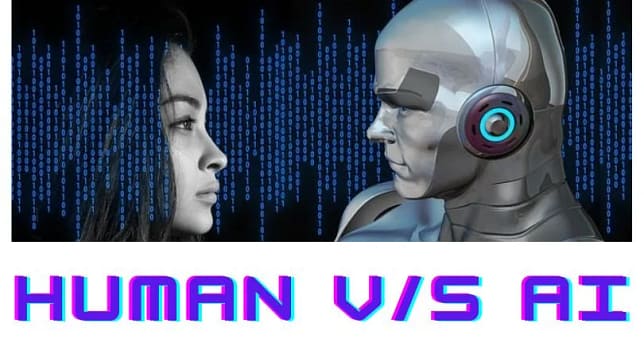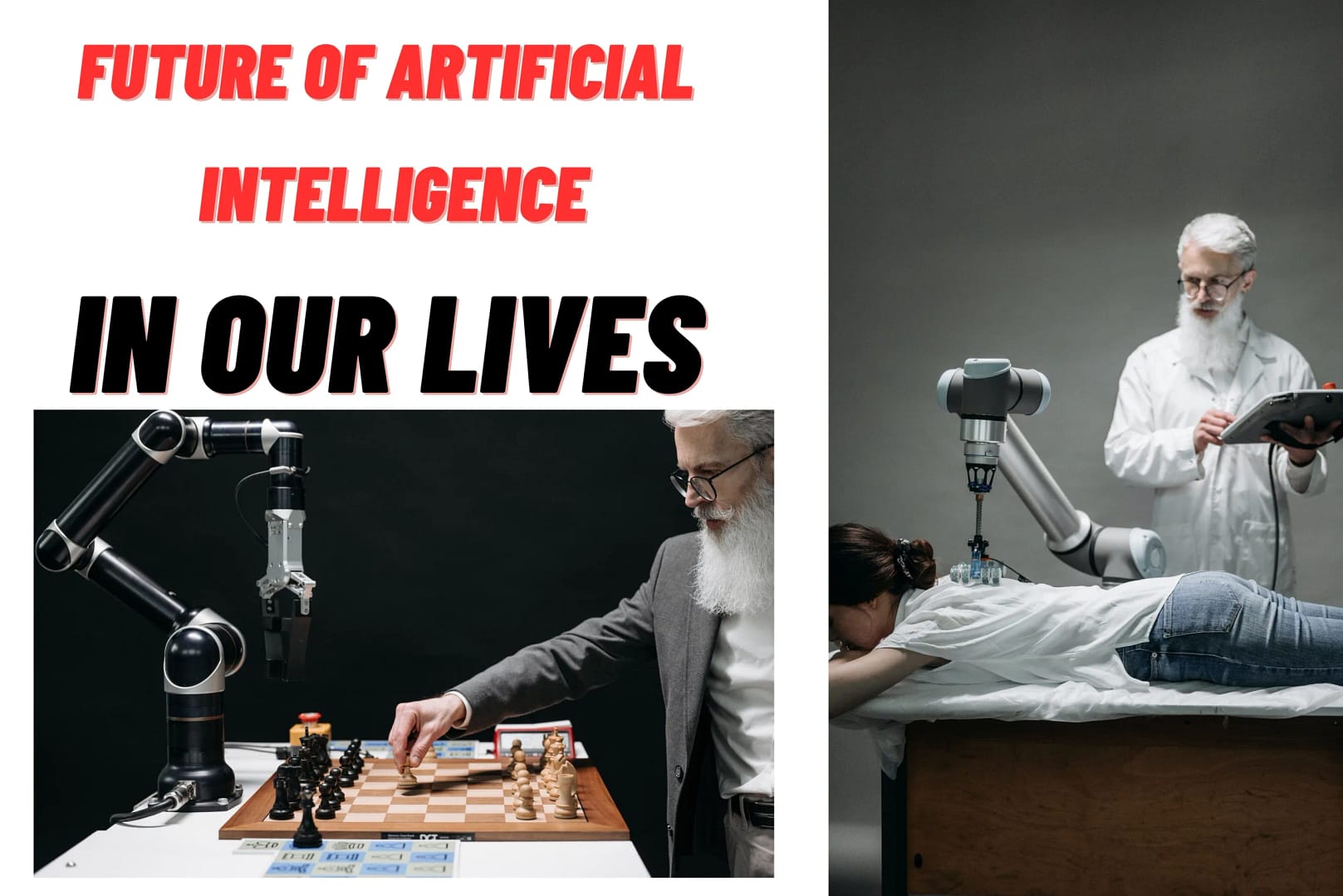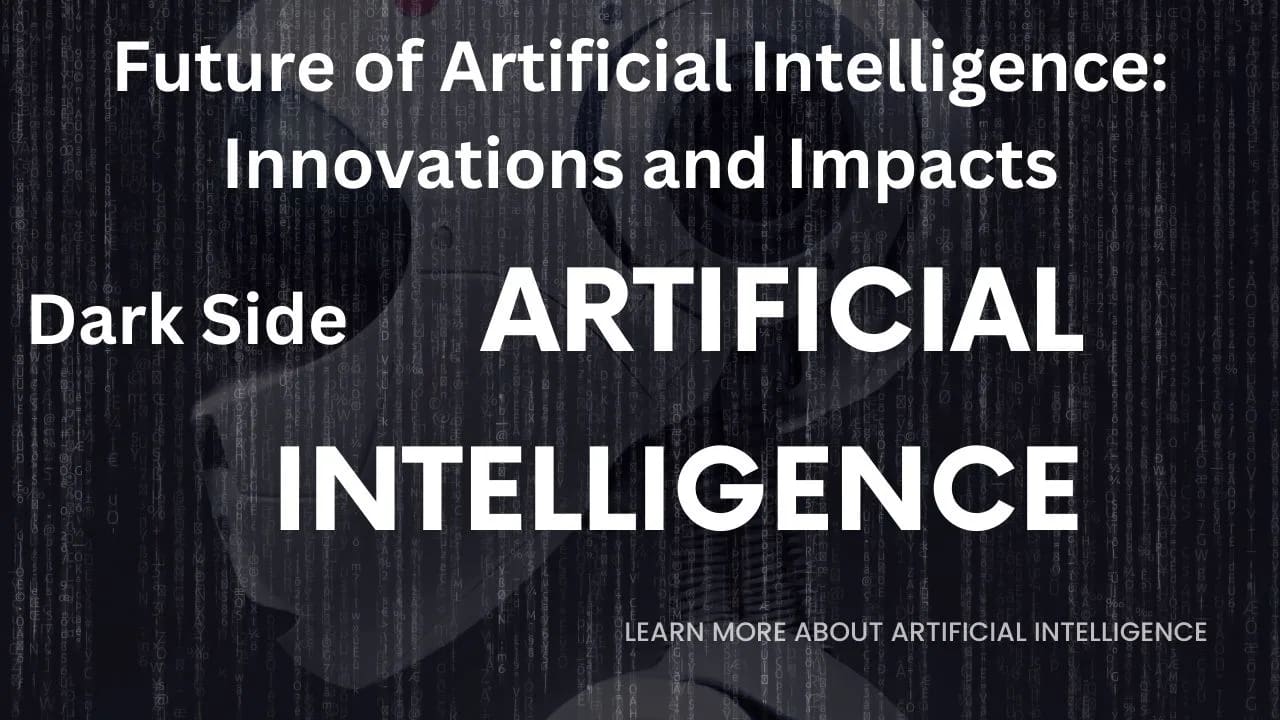The Future of Artificial Intelligence in Everyday Life: How AI Is Becoming a Part of Our Daily Lives. Artificial Intelligence (AI) has swiftly transformed from a concept of science fiction to an integral part of our daily lives. The rapid advancements in AI technology have paved the way for innovative applications across various industries, making our lives more efficient, convenient, and interconnected than ever before. In this article, we will explore the present state and future potential of AI in everyday life, delving into how AI is already permeating multiple aspects of our routines. From virtual assistants and personalized recommendations to healthcare and transportation, we will uncover the myriad ways AI is enhancing and shaping the world we live in.
I. AI in Personal Assistants and Smart Devices
AI has found its way into our homes through personal assistants and smart devices. Virtual assistants such as Amazon’s Alexa, Apple’s Siri, and Google Assistant have become fixtures in many households, providing voice-activated assistance for tasks ranging from setting reminders and playing music to controlling smart home devices. These AI-powered assistants continuously learn from user interactions, becoming increasingly adept at understanding natural language and anticipating our needs.
Moreover, AI is making our homes smarter and more efficient. Smart devices connected to the Internet of Things (IoT) employ AI algorithms to optimize energy usage, enhance security systems, and automate household tasks. From thermostats that learn our temperature preferences to refrigerators that monitor food expiration dates, AI is seamlessly integrating into our domestic lives, offering unparalleled convenience and resource optimization.
II. AI in Personalized Recommendations and Entertainment
The rise of AI algorithms has revolutionized the way we consume media and entertainment. Streaming platforms, social media platforms, and e-commerce websites leverage AI to analyze vast amounts of user data, delivering personalized recommendations tailored to individual preferences. By understanding our browsing history, past purchases, and social interactions, AI algorithms can predict our preferences with remarkable accuracy, suggesting movies, music, books, and products that align with our tastes.
AI has also made significant strides in the field of content creation. Natural Language Processing (NLP) algorithms can generate human-like text, facilitating the creation of news articles, product descriptions, and even works of fiction. Furthermore, AI-powered chatbots have become commonplace in customer service, offering prompt and automated responses to inquiries, saving time and resources for both businesses and consumers.
III. AI in Healthcare and Medical Diagnosis
Artificial Intelligence is revolutionizing healthcare, enabling faster and more accurate diagnosis, treatment, and monitoring. AI algorithms can analyze vast amounts of medical data, including patient records, research papers, and medical imaging, to identify patterns and detect early signs of diseases. AI-powered tools assist healthcare professionals in making informed decisions, reducing diagnostic errors and improving patient outcomes.
Telemedicine, facilitated by AI, has expanded access to medical expertise, especially in remote areas. AI-powered chatbots and virtual nurses provide preliminary medical advice, offer medication reminders, and monitor patient progress. AI is also aiding in drug discovery, identifying potential new compounds and accelerating the research and development process, ultimately leading to more effective treatments and therapies.
IV. AI in Transportation and Autonomous Vehicles
The automotive industry is undergoing a transformative phase with the advent of AI-powered autonomous vehicles. AI algorithms and sensor technologies enable vehicles to perceive their surroundings, interpret traffic patterns, and make real-time decisions, significantly reducing the risk of accidents and enhancing road safety. Self-driving cars have the potential to revolutionize transportation, improving traffic flow, reducing emissions, and providing mobility solutions for the elderly and disabled.
AI is also optimizing logistics and supply chain management, enabling predictive maintenance, efficient route planning, and intelligent inventory management. From delivery drones to warehouse robots, AI is streamlining operations, increasing efficiency, and transforming the way goods are transported and distributed.
What we Conclude?
As we look towards the future, it is evident that AI will continue to permeate and shape our everyday lives. The applications of AI are vast, ranging from personal assistants and smart devices in our homes to personalized recommendations and entertainment platforms. Moreover, AI is revolutionizing the healthcare industry, enabling faster and more accurate diagnosis, treatment, and monitoring. The transportation sector is also undergoing a significant transformation with the introduction of AI-powered autonomous vehicles.
While AI presents remarkable opportunities, it also raises important considerations regarding ethics, privacy, and the potential impact on employment. As AI continues to evolve, it is crucial to strike a balance between harnessing its potential benefits and addressing the associated challenges.
As AI becomes increasingly sophisticated, it is essential for individuals, industries, and policymakers to stay informed and actively participate in shaping the future of AI to ensure it remains a force for good in our everyday lives.
The IMPACT OF AI in our lives
AI has had a profound impact on our lives, transforming the way we work, communicate, and navigate the world. One significant impact of AI is in the realm of personalization. Through advanced algorithms and machine learning, AI enables personalized experiences across various platforms. From personalized recommendations on streaming services and e-commerce platforms to customized news feeds on social media, AI tailors content to individual preferences, enhancing user satisfaction and engagement.
Another notable impact of AI is in the field of healthcare. AI-powered systems have the potential to revolutionize medical diagnosis, treatment, and patient care. By analyzing vast amounts of medical data, AI algorithms can identify patterns and predict outcomes with remarkable accuracy. This leads to faster and more accurate diagnosis, enabling timely interventions and improved patient outcomes. AI is also aiding in the development of personalized medicine, as algorithms can analyze genetic and molecular data to tailor treatment plans to individual patients, optimizing effectiveness and minimizing side effects.
Furthermore, AI has greatly impacted the transportation sector. The development of autonomous vehicles, guided by AI algorithms, promises safer and more efficient transportation systems. Self-driving cars can minimize human errors, reduce accidents, and improve overall road safety. AI is also transforming logistics and supply chain management, optimizing routes, reducing delivery times, and enhancing inventory management. The integration of AI in transportation has the potential to revolutionize the way we move goods and people, leading to more sustainable and accessible transportation solutions.
The impact of AI in our lives cannot be understated. It has brought personalization to new heights, enabling tailored experiences and recommendations across various platforms. AI has also revolutionized healthcare, enhancing diagnosis, treatment, and patient care. Additionally, AI is reshaping the transportation industry, with the development of autonomous vehicles and improved logistics. As AI continues to advance, its impact will likely continue to grow, bringing both opportunities and challenges that require careful consideration and responsible implementation.
HUMAN V/S AI

Human and artificial intelligence (AI) are both capable of intelligent behavior, but they do so in different ways. Humans are biological beings with brains that are able to learn, reason, and solve problems. AI, on the other hand, is a type of software that is designed to mimic human intelligence.
There are a number of key differences between human and AI intelligence.
- Speed: The speed of AI is much more faster than the speed human information speed. This is because AI systems are not limited by the same physical constraints as human brains.
- Accuracy: AI systems are typically more accurate than humans at performing specific tasks.
- Scalability: AI systems can be scaled up to handle much larger datasets and problems than humans. This is because AI systems are not limited by the same cognitive abilities as humans.
- Reproducibility: AI systems can be reproduced exactly, which makes them ideal for tasks that require consistency and accuracy.
However, there are also some areas where human intelligence is superior to AI.
- Creativity: Humans are able to be more creative than AI systems. Human learn through their experience and are able to create new and unique ideas but this is not with the AI.
- Empathy: Humans are able to empathize with others, which AI systems are not yet able to do. This is because empathy requires an understanding of human emotions, which AI systems are still learning to do.
- Common sense: Humans have common sense, which AI systems do not yet have. This is because common sense is based on experience and intuition, which AI systems do not have yet.
Overall, human and AI intelligence are both valuable and have their own strengths and weaknesses. As AI continues to develop, it is likely that the gap between human and AI intelligence will narrow. However, it is also likely that humans will always retain some unique abilities that AI cannot replicate.
Here is a table that summarizes the key differences between human and AI intelligence:
| Feature | Human Intelligence | AI Intelligence |
| Speed | Slow | Fast |
| Accuracy | Variable | High |
| Scalability | Limited | High |
| Reproducibility | Difficult | Easy |
| Creativity | High | Low |
| Empathy | High | Low |
| Common sense | High | Low |
There are many individual humans and AI systems that do not fit neatly into these categories. However, the table provides a general overview of the key differences between human and AI intelligence.
Read the NEXT POST


